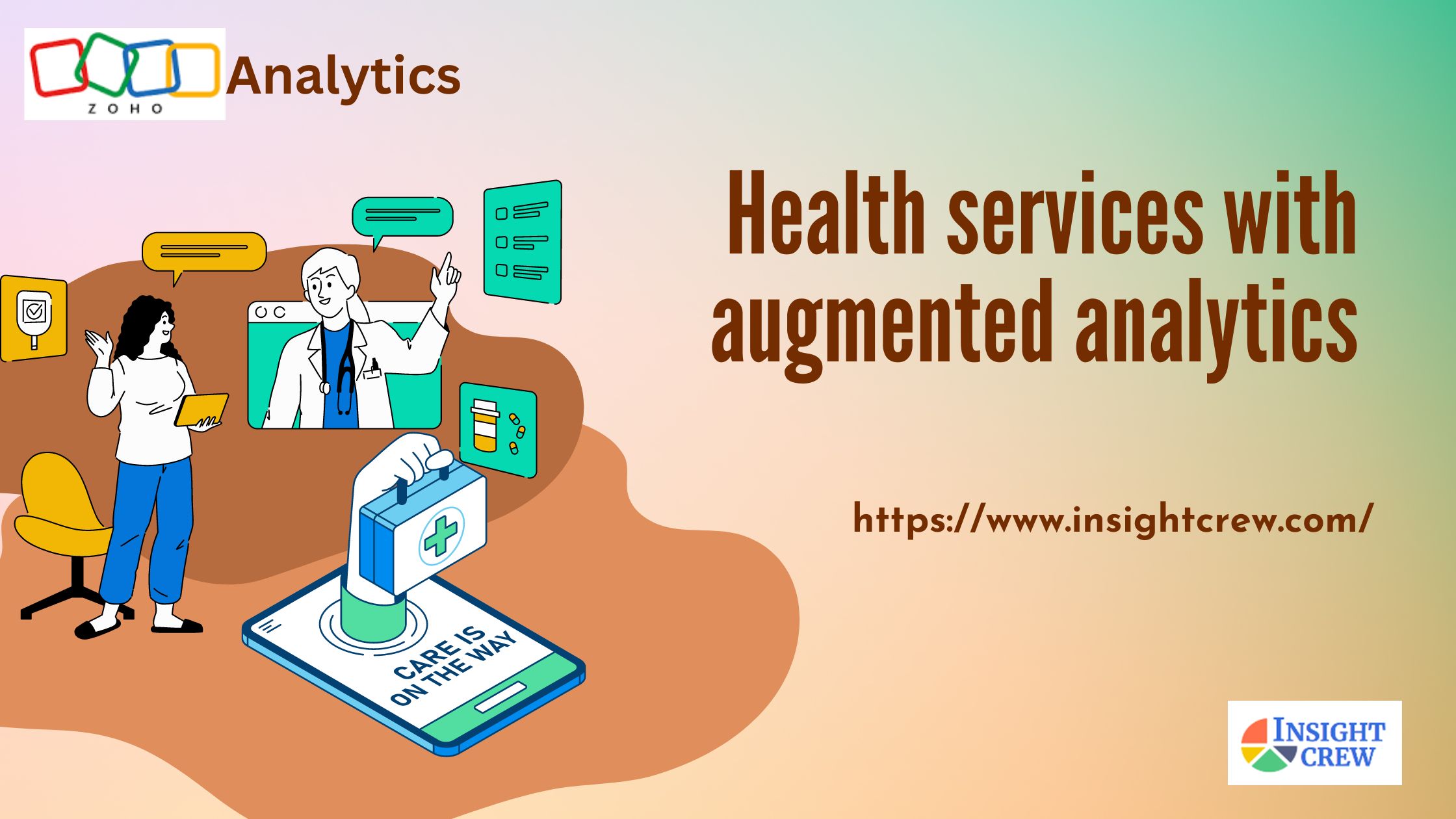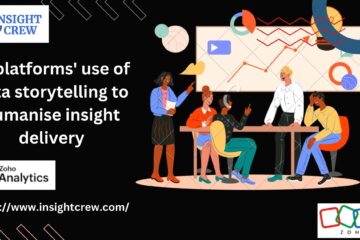Polarization has always been a feature of the data analytics field. The reason for this is that “BI & Analytics” and “data management” have always been separate silos in many organisations and verticals, as evidenced by recent polls.
It’s taken a long time to get to this point of confluence. Both BI and data tools have been working for years to move away from their purpose-built frameworks and toward more sophisticated integrated platforms. Unfortunately, they must either design extra functions from the ground up or acquire them—neither of which is a simple undertaking.
We’ve created Zoho Analytics to be a unified data analytics platform (UDAP), built organically from the ground up, to satisfy this rising requirement. Let’s look at some of the common criteria of a UDAP and how Zoho Analytics fits each of them to better illustrate our thesis.
A unified data analytics platform’s characteristics
Data connectivity & integration
The foundation for a UDAP is connectivity with a variety of data sources—internal and external, structured and multi-structured, cloud and on-premises, files and applications. Zoho Analytics links to more than 250 data sources, and here’s a list of some of our most popular data connectors.
Preparation of data
Purging, formatting, standardising, and combining data, as well as applying perfectly rational formulas to transform and enrich the data, are all part of this process. All of these features are available in Zoho DataPrep for every user who deals with data, whether they are regular business users or data-savvy analysts and engineers.
Analytical software
Data visualisations, such as reports and dashboards, are being used by business users to evaluate data and consume insights. While some people prefer to use a separate tool to access them, others prefer to have them integrated into their present apps. With ample scope and support for integrating insights, Zoho Analytics provides excellent visual analysis capabilities.
Augmentation with artificial intelligence
For UDAPs, incorporating AI throughout the entire spectrum of their data and analytics capabilities has become the norm. Data preparation and modelling, descriptive and predictive analytics, scenario analysis, and data alerts are all areas where Zoho Analytics is constantly expanding its AI augmentation capabilities.
Administration
This is a big and important part of any UDAP. Governance, data security and privacy, access control, backend management (including configuration, upgrades, and monitoring), and disaster recovery are all included under one umbrella. Zoho Analytics is built on top of strong security and governance structure that is authorized and certified, thanks to Zoho’s seasoned administration practices.
Detonation
Customers must be able to shift between the old period and modern data processing at scale, hence UDAP providers must offer both on-premises and cloud deployments.
Zoho Analytics is a cloud-native platform that runs on our Zoho Cloud platform. Other deployment methods, such as public cloud, private cloud, and on-premise, are also fully supported.
Challenges posed by unified data analytics platforms
Due to the fact that UDAPs have demonstrated tangible benefits and advantages, particularly in terms of reducing complexity and cost overhead for data analytics operations, certain legitimate concerns remain. Here’s how Zoho Analytics goes about dealing with them:
Vendor confidence
Vendor lock-in is a long-held issue in the business world, and building trust between vendors and customers takes time. We at Zoho Analytics are fully aware of this, and our working relationship with customers and prospects has always been friendly and open.
Lock-in feature
Customers are wary of vendor lock-in for two reasons: a lack of confidence in 1. best-in-class functionality and 2. feature extensibility. While the former requires ongoing effort, and we have made significant progress in this regard over the last decade, Zoho Analytics as a platform provides numerous options for customization. To accommodate your particular requirements/implementations, they include a rich set of APIs, our own marketplace, and a global partner network.
Durability
UDAP products should be able to manage virtually any data volume or task. Our modern, scalable platform infrastructure, which is owned by Zoho, can readily accommodate expanding data quantities and demand. In terms of obtaining best-in-class performance efficiency, it has a major advantage.




